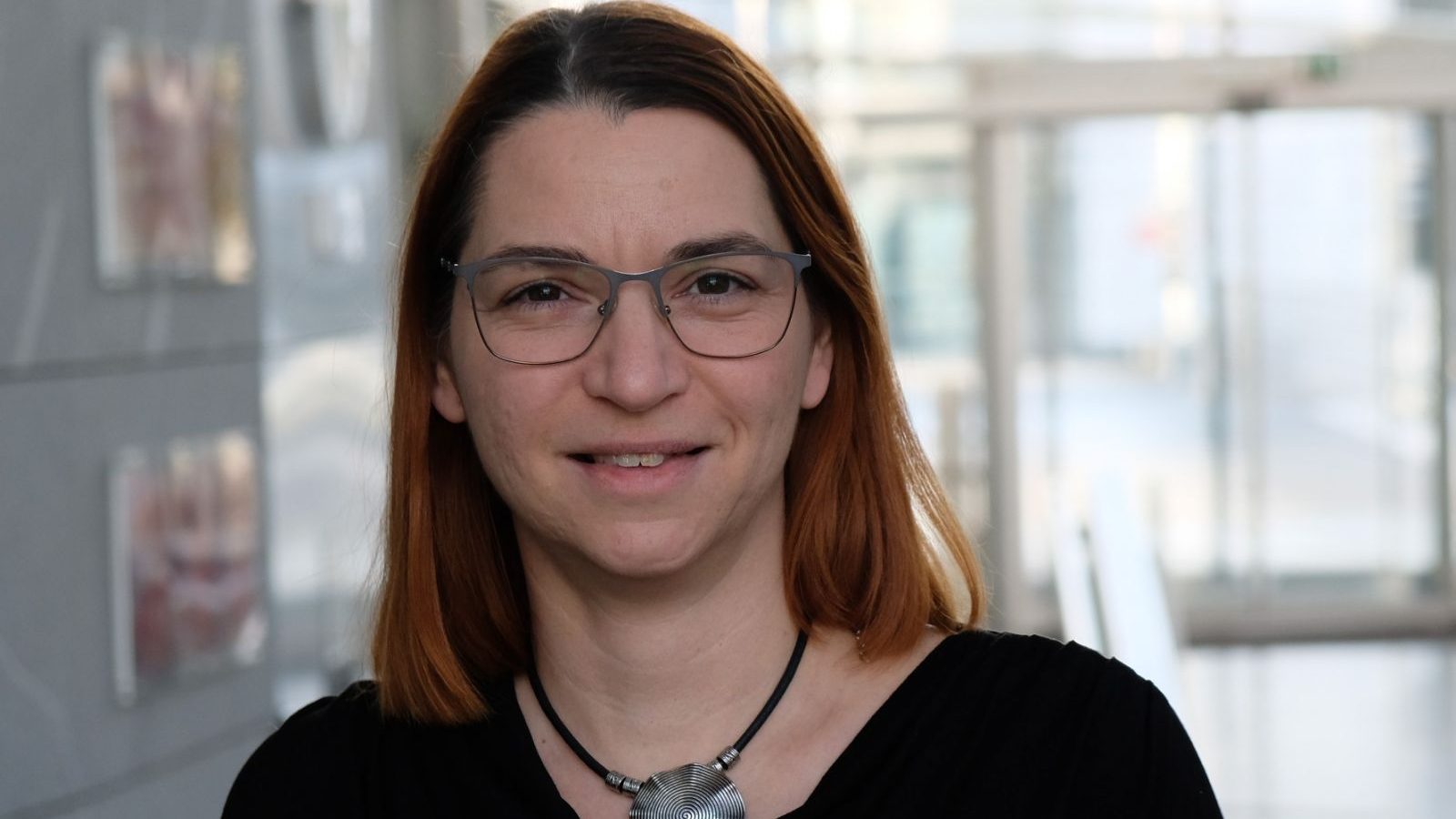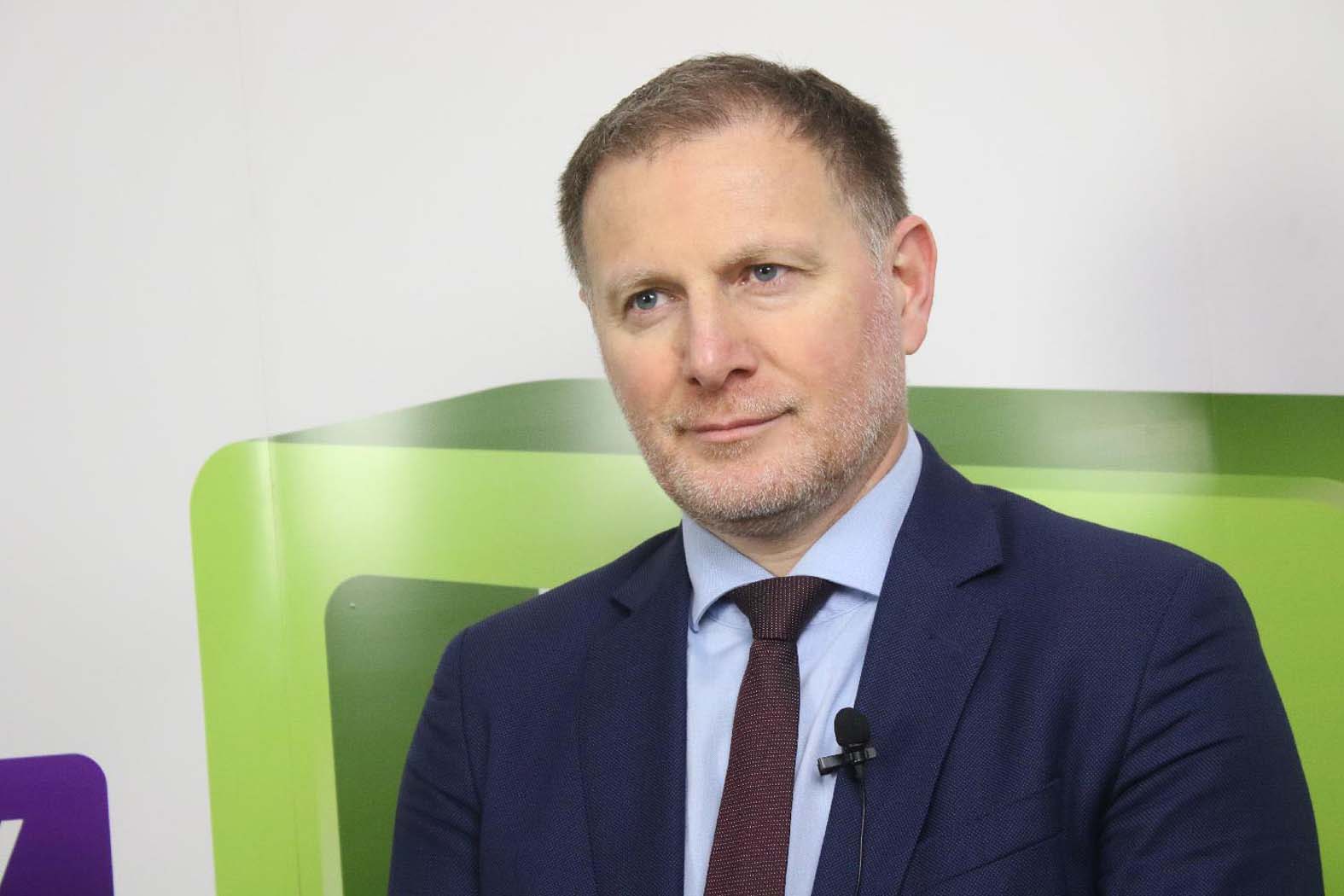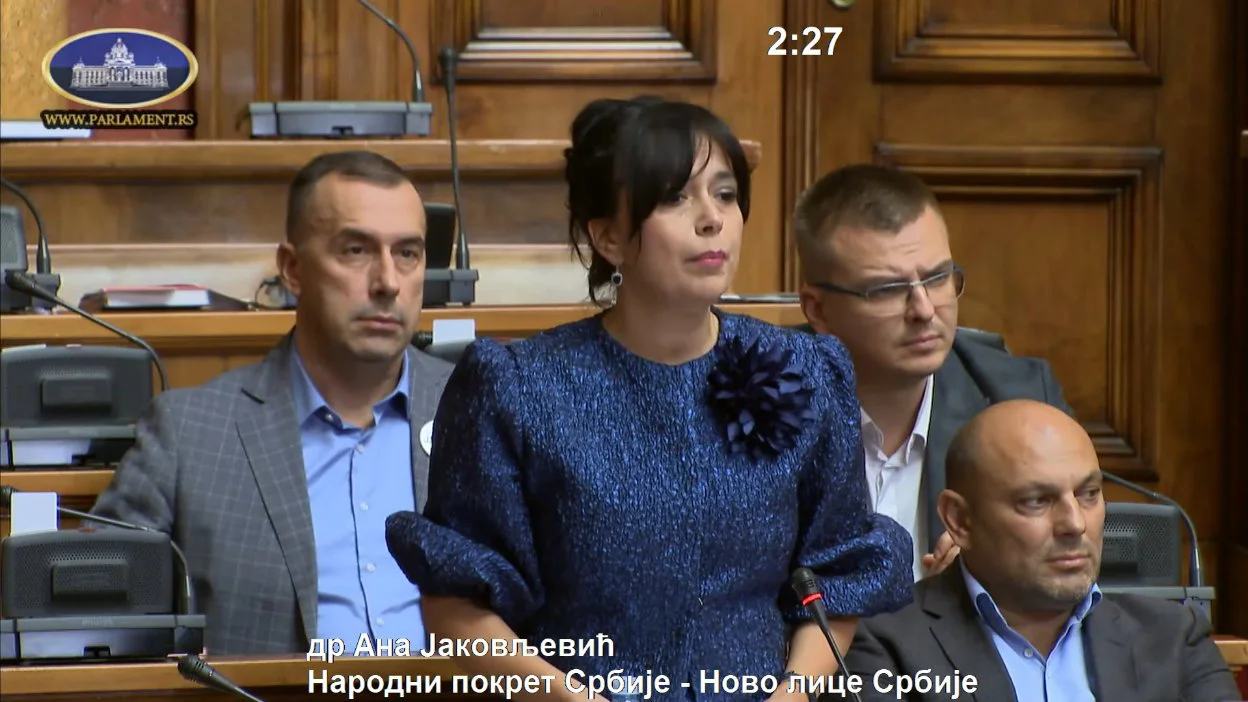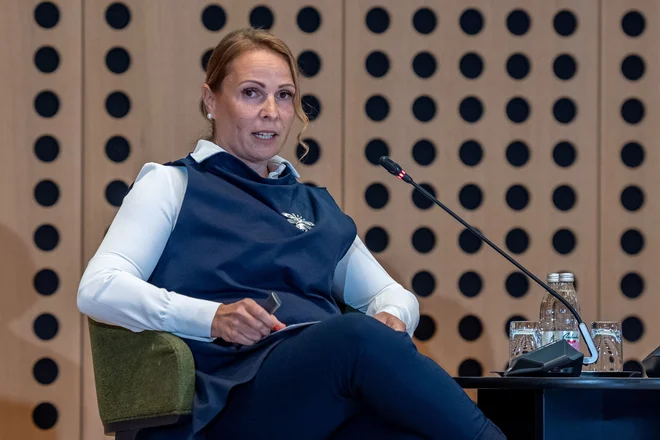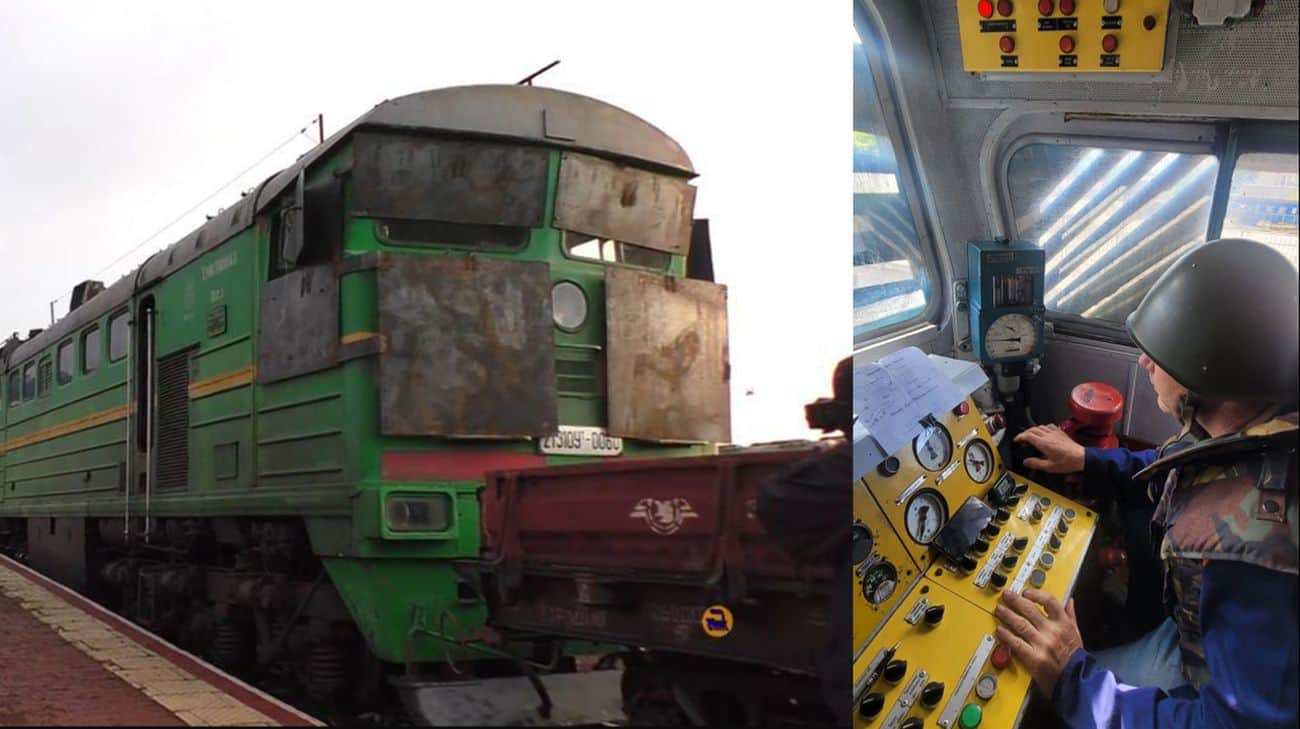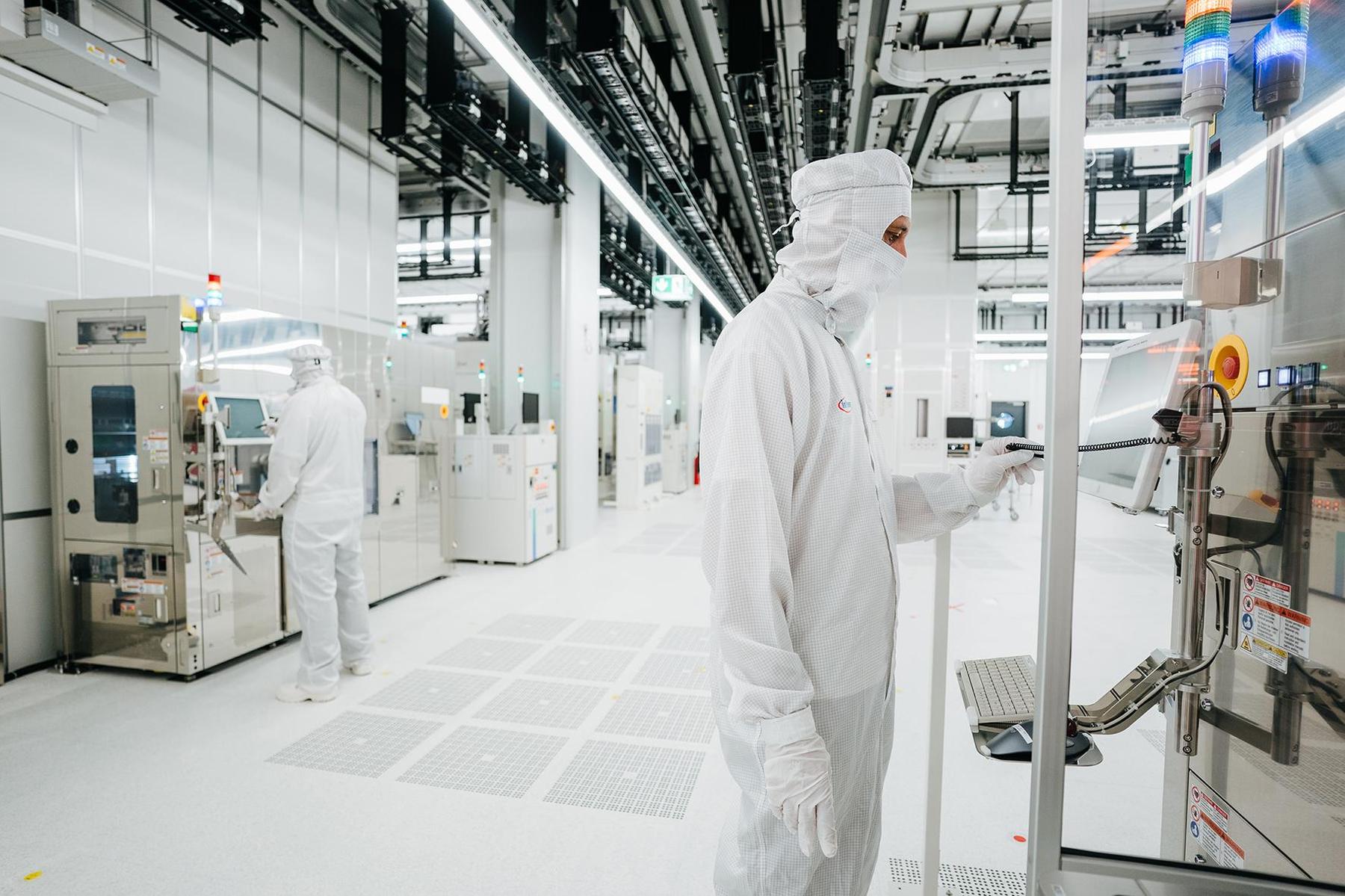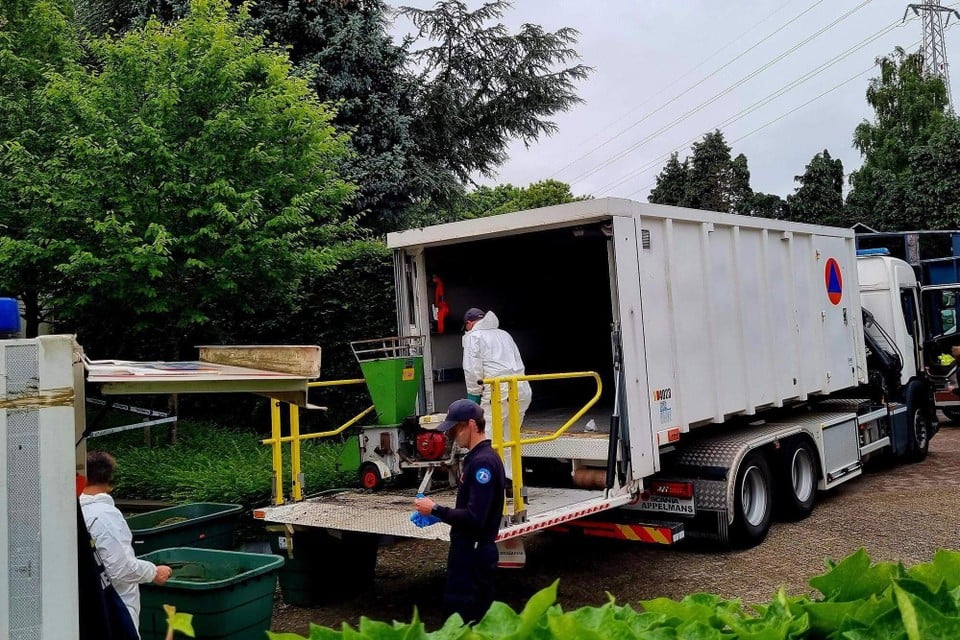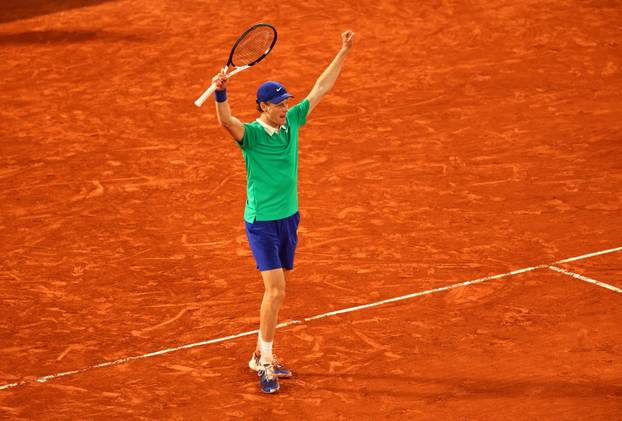Scientists from Houston found « more efficient and greener » ways to obtain lithium – BBC News in Serbian
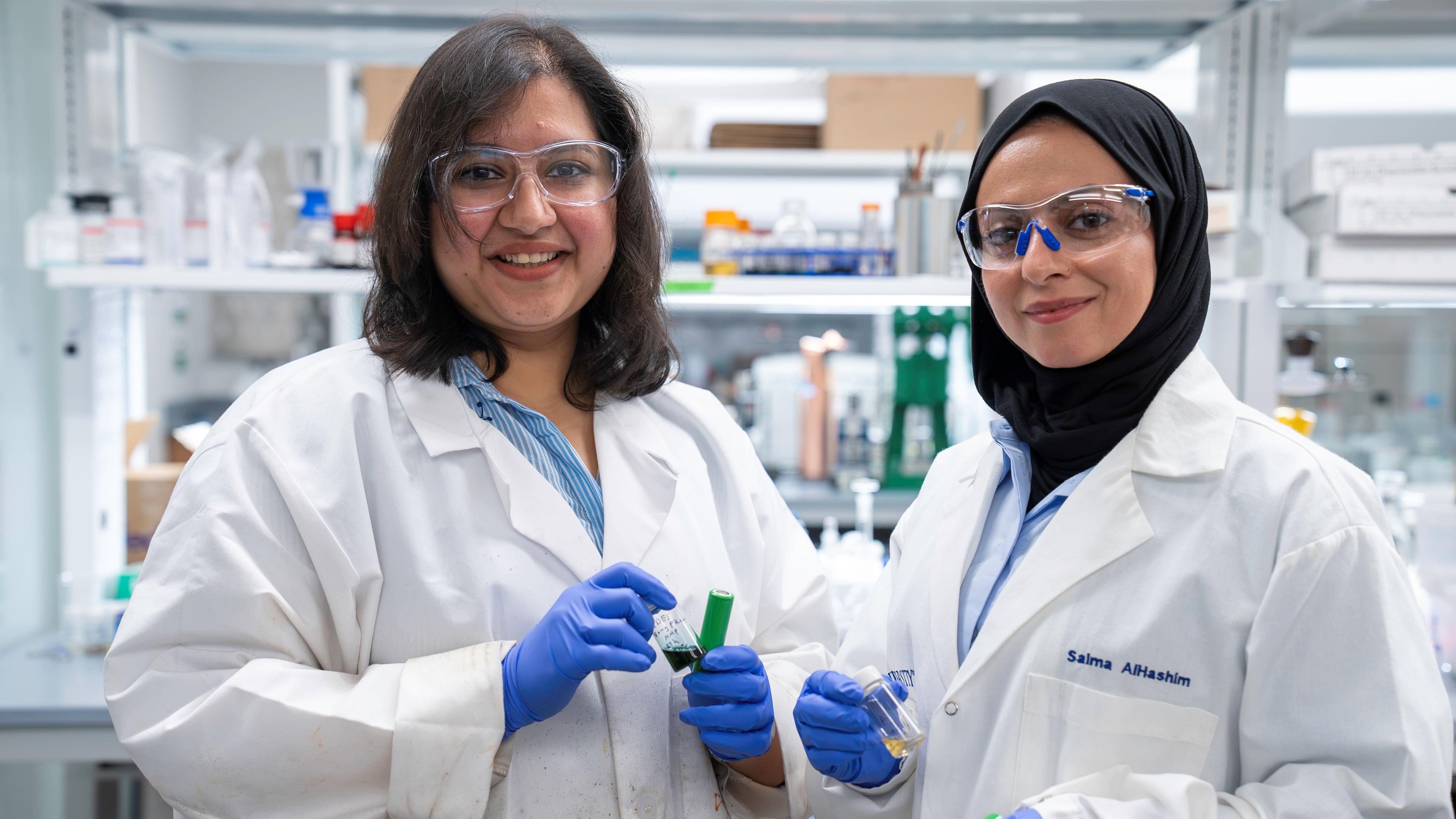
Obtaining lithiums from saline rastors, like the one in the Lithium triangle of South America, on the trimester of Argentina, Bolivia and Chile, can be a « search for needle in the Sena needle. »
Thus Sibani Lisa Bisval, Chemical and Biomolecular Engineering at Rice University in American city of Houston, for the BBC in Serbian, describes the so far for the processing of metals for the transition of humanity to renewable energy sources.
« The concentration of lithiums in these solutions is very low, mostly less than 0.01 percent, which is far less than other ions of magnesium, potassium, calcium or sodium in these solutions, » explains.
Therefore, with the Team of the Researcher 2021. it began working on the invention of an innovative electrochemical reactor.
Study results published In November at the American National Academy of Sciences They could be a « turning point » in the mining of Lithium, Bisval considered.
The reactor is a device or plant in which electrochemical reaction occurs, in this case, the decomposition of metals under the influence of electricity.
Unlike the usual reactors with two chambers, scientists from Houston devised a system with three chambers and ceramic membrane, which almost exclusively misses ions of lithium, while retaining others.
« Such a system allows us to retain and separate lithium than other ions.
« But also to prevent the coming of lithium in contact with other ion reactions, which is often harmful to the end product, » says an American scientist who led a group of researchers.
Although lithium is one of the most important metals in worldwide to move to a greener economy – due to the application in the production of batteries and the automotive industry, its exploitation, paradoxical, can be harmful to the environment.
This is the reason why dozens of protests are organized throughout Serbia during the previous years, and the demonstration was in Bosnia and Herzegovina, Portugal and South America countries.
All you need to know about Lithium – Watch the video from our Utube Channel
The second team of scientists at the University of Rice for months works on the invention « Faster and greener » methods for recycling lithium-ion batterieswhich, among other things, are used to drive electric cars or work Smartphones.
Instead of acids, which can cause damage to the environment, use organic solutions.
Instead of the common heating of solution at high temperatures, scientists use the principle of microwave, says sohini battaar, team member, for the BBC in Serbian.
« We soon realized that the ability to allocate the lithium is extremely good – we can draw about 50 percent of the lithium from discarded batteries, in 15 minutes, and in half an hour to 100 percent, » explains the researcher in postdoctoral studies at Rice University at Rice.
It is significant progress in relation to previous methods, which prescure less than five percent of Lithium, mostly due to the contamination of that metal during the process, the site of the University of Rajs.
‘Milestone’ in Lithium production
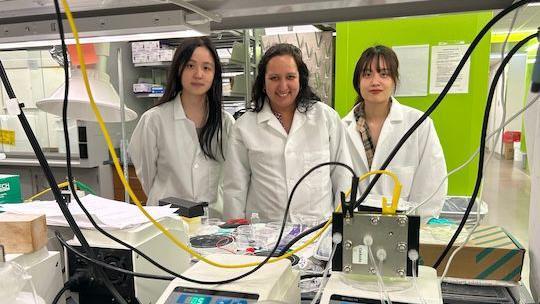
In the previous practice, electrochemical reactors with two chambers, which have not proved sufficiently efficient, used in saline solutions from saline from saline.
Scientists at Houston University fueled that to thinking.
« Accompanying reactions occurs in them, such as chloride reactions, which can produce very harmful gases and nursing by the final product, in this case Lithium.
« In addition, selectivity, ie efficiency in the allocation of Lithium, has so far been pretty low, » explains Haotan Wang, one of the researchers, for the BBC in Serbian.
They came to the idea to add another chamber to that device, to separate these chemical reactions from the lithium compounds they want to get.
« The solution was missed through the High Chamber, while the electrolysis (decomposition under the influence of electricity) is performed in the other two.
« In that case, there is no by-product and chloride reaction does not come in contact with Lithium, » Vang added.
In front of the team of a dozen researchers, Rice University was a new task – they should have designed a way to insulate only lithium in the high chamber.
The solution found in ceramic membrane, which allows the leaks of lithium and retaining other ions with great efficiency, explains Sibani Lisa Bisval.
« The most exciting moment of research was when one of our researchers tested a ceramic membrane, because by that moment we were not sure how we will achieve high selectivity.
« When we exceeded that challenge, we realized that the method will function, » he explains the scientist.
Recycling Battery from ‘Microwave’
The used lithium-ion batteries and their recycling still set headaches to scientists, who are looking for enough efficient, cost-effective and environmentally friendly way that this process is implemented.
And Mrs. Abot said for the BBC beforeProfessor of Physical Chemistry at the University of Lester.
In order to avoid the use of aggressive acids, scientists from Houston decided to use so-called Deep Euthectical Solution (DES), with low melting points, which is « completely organic, » says sohini of battalia.
« When we started research, we realized that in such solutions metals are partially slower than in acids and it took a lot of work to get progress in efficiency, » explains the battalia.
Then they settled that in the same way they quickly warmed food could raise the temperature of the solution.
The solution was a microwave.
« We wondered what would happen if the solution put in the microwave, but at that moment we were not aware that selectivity for lithium will improve, but only wanted to speed up the process, » says Battaria.
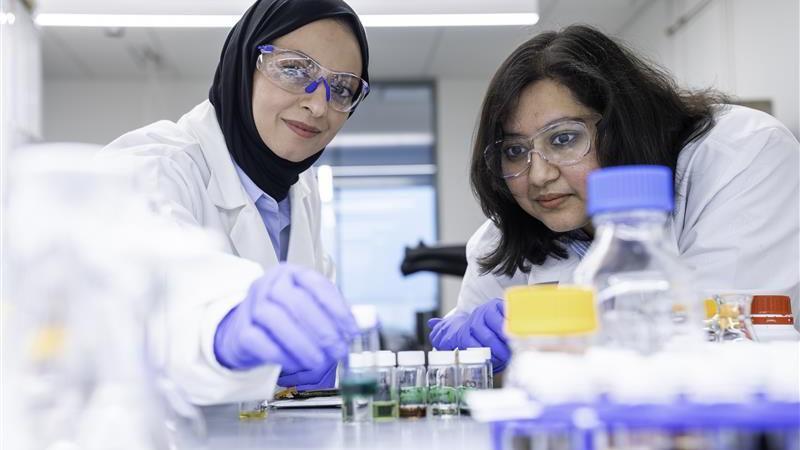
By reducing the process duration, it could be somewhat resolved by a narrow throat problem in the production of lithium-ion batteries.
« When batteries are recycled with acids, the process lasts three hours and finally get mixed lithium, cobalt, nickel and other metals.
« If we use a profound eutectical solvent, in three to six hours we will get a product with about 80 percent of Lithium, but the remaining 20 percent will be Cobalt and Nickel, » Salma Alhashim, a student of doctoral studies at Rice University.
« When we apply to this, in five minutes, we get 85 percent of Lithium, and less than five percent of nickel and cobalt, » adds.
How do new methods keep the environment?
Salma Alhašem believes that the innovative method of recycling batteries could reduce negative environmental impacts at several levels.
« When using green solutions do not do damage as is the case with sharp acids that are now used.
« It decreases and the use of energy decreases that has been used so far for heating solvents to high temperatures during recycling.
« Now with a small energy consumption for shorter term, we achieve that warming, which is great at the environment, » the student’s studio student at Rice University explains.
How should science come out of the laboratory?
In addition to environmentally friendly, innovative recycling methods could also bring economic benefits to companies and countries, adding alhašim.
« This recycling lithium-ion batteries we could consequently reduce the costs of mining lithium, because we would get lithium on this faster, more efficient and more sustainable way.
« Recycling would eventually decrease the final price of a lithium battery, » the researcher emphasizes.
Global lithium production is almost unveiled between 2010. and 2024. year, when 240,000 tons reached, Data are German Statistical Agencies Statista.
« Many countries do not have lithium, cobalt and nickel, used for battery production, are already placed in specific areas of planet, which makes we have frequent supply chain, » says Sohini Battalaria.
But, after a series of years of use of electric vehicles and other technologies, many states have large stocks of discarded batteries, adds.
« If we are able to recycle them quickly and effectively, and that this is not harmful to the environment, it will be economically significant, » considers battalia.
Laboratory research that has proven the functionality of their method was completed and the results were published in Scientific journal Advanced Functional Materials Last year.
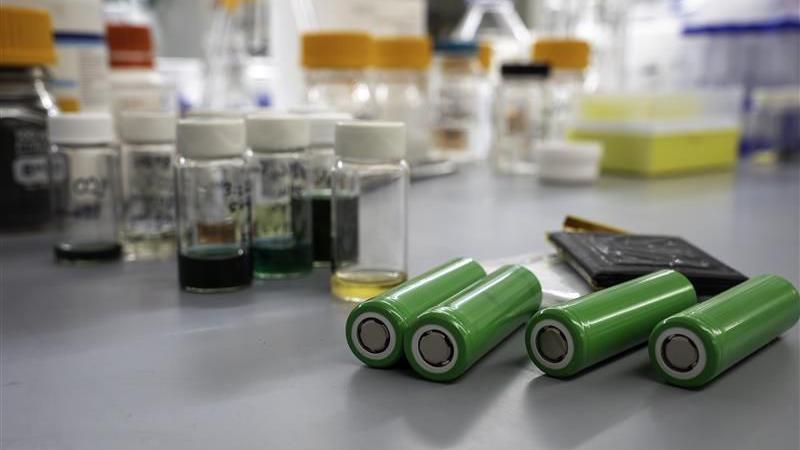
There is already an interest in « from different branches of industry » that the innovative way of recycling is performed from the laboratory and apply in factory plants, says Batačaria.
« If someone decides to apply it, we will need to implement an additional, different research and we will see what will happen », adds.
An interest in the economy also exists for the second invention of the Scientists of the University of Rice.
« We contacted us companies from the energy sector and different startups, which are ready to check our technology’s readiness for use for commercial purposes, » says Sibani Lisa Bisval.
While expecting feedback from the industry, they will « continue to develop technology for another two or three years, adding Haotian Wang.
« We have a way to our way ahead, but I believe in our method and I look forward to possible in the industry, » Vang concludes.
The BBC in Serbian is from now on and on the morning, follow us Here.
Follow us on Facebook, Twitter, Instagram, Jutjubu and Vajiberu. If you have a topic suggestion for us please contact (Email Protected)

